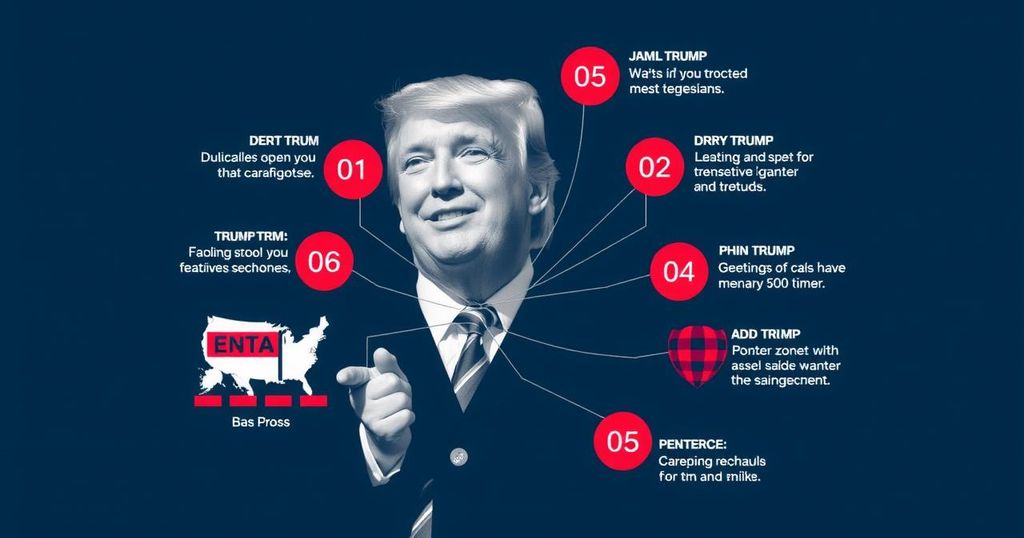Donald Trump’s victory in the 2024 election typifies a global wave of anti-incumbent sentiment, evidenced by widespread voter dissatisfaction directed at the Democratic ticket, particularly against Vice President Kamala Harris. Generic campaign-related explanations fail to explain the consistent electoral defeat across demographics. The analysis reveals inflation and general political discontent as pivotal factors influencing voter behavior, aligning the United States with a broader international context seeking drastic political change.
In the aftermath of the 2024 election, President-elect Donald Trump’s success can be attributed to a widespread trend of voter discontent directed against the Democratic leadership. Vice President Kamala Harris’s performance faltered compared to President Joe Biden’s 2020 results across diverse demographics and geographies. Contrary to typical explanations surrounding campaign failures, this decisive shift is better understood through the lens of a global wave of anti-incumbent sentiments, which was echoed in numerous countries worldwide. This year’s elections were marked as the largest in global history, revealing a collective call for change from voters against incumbent parties regardless of political alignment. Countries such as the United Kingdom, India, and South Korea exhibited similar patterns of discontent, continuing a trend initiated in 2023 with notable electoral shifts in Poland and Argentina. Such global dynamics indicate that the dismal approval ratings for the current party in power are not unique to the United States, as evidenced by exit polls that highlight over 70% of Americans expressing dissatisfaction with the nation’s direction. Despite traditional analyses focusing on candidate strategies, these observations fail to account for the uniformity of the results. Exit polling reflects a comprehensive trend rather than isolated phenomena and highlights that dissatisfaction permeated all voter groups and demographic categories. The political landscape elucidates that hundreds of millions of global voters are signaling a desire for drastic political change, revealing that dissatisfaction is a common thread across various democracies. The parasitic effects of inflation loom large as a credible explanation for this growing disenchantment, exacerbated by the economic challenges following the COVID-19 pandemic. Rising prices have generated significant frustrations among voters, many of whom perceive the economy’s performance as detrimental, despite the data indicating otherwise. However, the evidence from ongoing polls suggests that the momentum for political upheaval might stem from broader socio-economic challenges rather than mere party-related grievances. This analysis posits that Trump’s re-emergence is part of a widespread global trend, indicating a collective readiness for change among electorates. As citizens express distrust in the stability provided by incumbent administrations, the unfolding political narrative reveals an opportunity for surface-level evaluations to be deeply questioned, hinting at possible turbulence ahead for various governments.
The article addresses the intricate dynamics behind Donald Trump’s electoral victory in 2024, highlighting a significant anti-incumbent trend sweeping across the globe. Observing the results in light of international electoral patterns enhances understanding of voter behavior, suggesting that dissatisfaction with current governance is a common phenomenon transcending borders. It examines how economic stressors such as inflation foster this discontent, leading to a collective call for change among the electorate.
In summary, the 2024 election results reflect far-reaching patterns of global discontent with incumbent leadership, illuminating the importance of socioeconomic factors and the desire for change among voters. Trump’s victory symbolizes a rejection of the status quo, as similar trends are recognized worldwide. This phenomenon prompts a broader examination of governance and the evolving political climate both domestically and globally regarding leadership stability and voter expectations.
Original Source: www.vox.com







